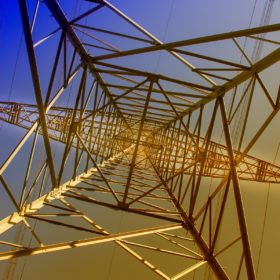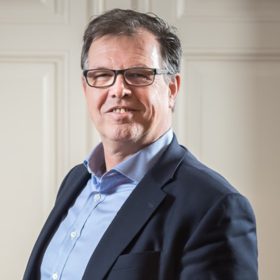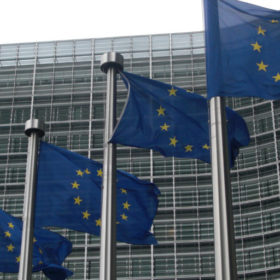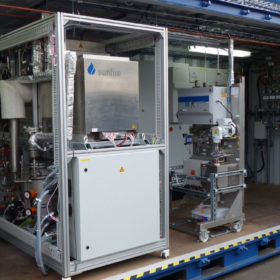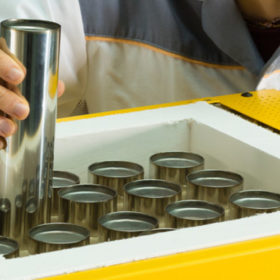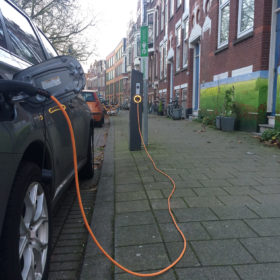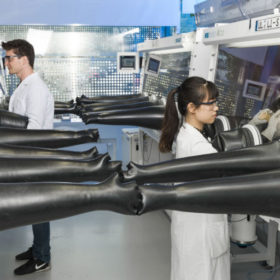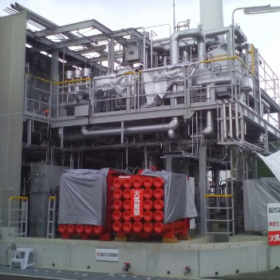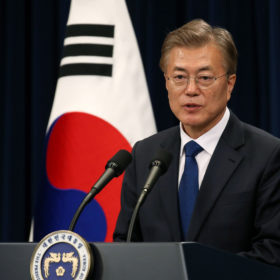Renewables, an antidote against volatile electricity prices for the EU
The European Commission says renewables are playing a central role in lowering spot prices and stopping rises in network charges and fees. In the EU energy market, however, coal and gas still dominate, ensuring power prices are unpredictable.
Interview: CellCube president Stefan Schauss on Brexit’s impact on the British storage industry
Vanadium redox flow battery supplier Cellcube spoke to pv magazine about the latest political developments in the U.K. and what the effects on storage could be.
Sonnen receives €25 milllion financing from the European Investment Bank
The EIB said supporting the battery supplier will help Europe realize its clean energy targets. The funds are earmarked for the company’s European R&D, as well as stemming ‘operational burdens’ from its growth rate. Sonnen recently made headlines by opening a factory in Australia to supply its virtual power plant in Adelaide.
Power-to-X gains momentum on two fronts in Germany
Two power-to-gas projects promise to improve the technology. In Brandenburg, Edis and Gasag want to transform renewable power into hydrogen, driving sectoral coupling. And Sunfire has switched on its first co-electrolysis project.
Fraunhofer IKTS unveils alternative for PV home storage based on sodium-nickel-chloride
At a storage fair in Dusseldorf, researchers will present a ceramic high-temperature battery. Storage costs using sodium-nickel-chloride battery cells are said to be 50% lower than those of lithium-ion.
Industry offers cautious welcome as UK government guarantees export payments after all
The Department of Business, Energy and Industrial Strategy has proposed a replacement for the flat rate FIT payment regime that is hard to argue with, as it is linked to the actual amount of electricity exported back into the grid.
‘E-Magic’: Magnesium batteries for a post lithium age
The “E-Magic” research project is set to receive over €6.7 million from the EU Horizon project. The aim is to develop new batteries the are more powerful, cheaper and safer than lithium-ion ones; and it could pave the way for the establishment of a competitive battery cell production landscape in Europe.
14 PV trends for 2019
Having reflected on the year gone by, it is time to turn attention to the coming year. Many predictions may not fully, or even partially, bear the fruit they promise – and the unexpected is always lurking in the background – however they can be a useful indicator of certain pathways and growth areas. With this in mind, the pv magazine team has compiled a list of the top 14 solar PV and energy storage trends expected to characterize 2019. What do you think? Have we missed anything?
Ammonia in the mix for future storage technologies
Japan’s JGC Corporation reports an efficient method of converting hydrogen to ammonia, which can later be combusted to generate carbon-free electricity. Ammonia, according to JGC, has various advantages over hydrogen in terms of safety and cost effectiveness.
4: Wrapping it up
Despite the rollercoaster of emotions experienced throughout the year, the final quarter of 2018 wrapped up on a relatively positive note, with the scrapping of Spain’s sun tax, and ambitious goals either announced or reaffirmed. Read on to discover what happened in the months of October to December.
